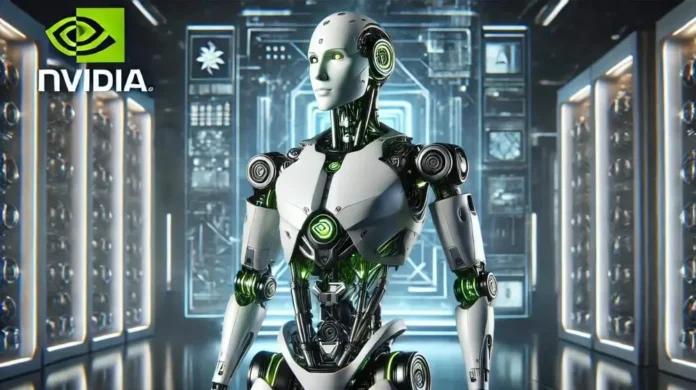Jetson Thor, the latest family of tiny computers for humanoid robots, is expected to launch in the first half of 2025. Rather than competing directly with other manufacturers such as Tesla, Nvidia aims to work with the global robotics industry; as Deepu Talla, vice president of robotics, put it, the plan is to “empower the hundreds of thousands of robot makers all over the world,” with the technology they need.
Two groundbreaking developments explosion in generative AI and the capability to train robots in simulations have opened the doors to many new worlds for humanoid robots. The robots in this will become smarter, more capable, and better equipped to handle more complex tasks.
Also Read: ECNEC Approves 7 Development Projects Worth Rs 217 Billion
Nvidia’s movement into robotics reflects what seems to be growing market pressure same major customers as all others going into making AI chips, such as Amazon and Google, in a trend to cut reliance on Nvidia and therefore diversify the efforts while letting its magic work in stamping the edge of this fast-growing robot market. This is the way Nvidia is consolidating its cause and future-proofing itself ahead of other industry players in AI-enabled technology.
With Jetson Thor, Nvidia boldly advances robotics technology. Such a new release will place Nvidia among the emerging defining forces that shape the next innovation wave while maintaining relevance in an ever-changing industry.
